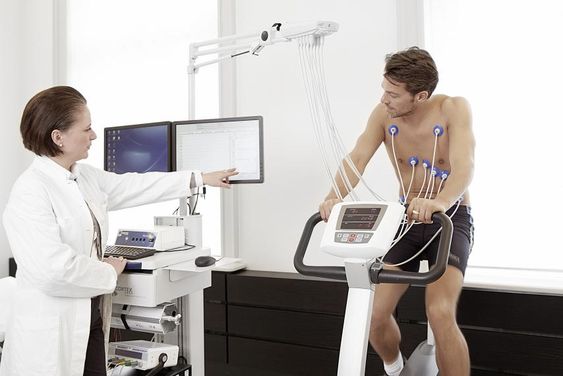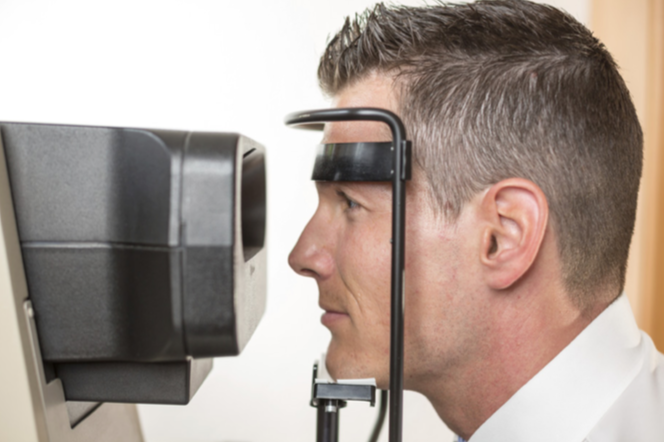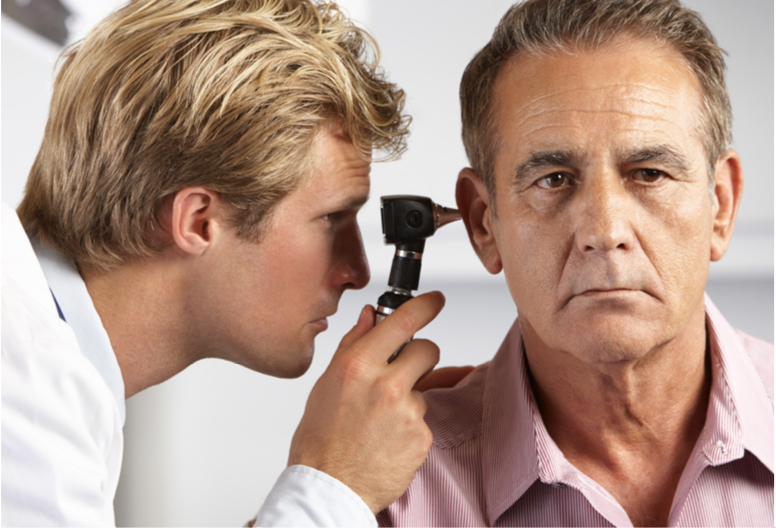We live very fast paced and stressful lives that can cause us to neglect potential red flags regarding our health and bodies. However with careful attention and appropriate preventative measures we can reduce the risk of many diseases and illnesses. Besides an annual physical examination, BMI (body mass index), and lipid profile screening we describe important medical checkups broken down by age group.
20’s
- Testicular cancer screening and monthly self exam
- EKG/blood testing

30’s
- Testicular cancer screening and monthly self exam
- Screening for coronary disease with strong family history and risk factors

40’s
- Prostrate cancer screening
- Testicular cancer screening and monthly self exam
- Diabetes screening every 3 years after age 45
- Vision screening
- Screening for coronary disease

50’s
- Testicular cancer screening and monthly self exam
- Type 2 diabetes screening
- Lipid disorder screening
- Annual EKG
- Vision and hearing examinations
- Prostate cancer screening
- Bone density tests
- Colon cancer screening
- Depression screening
60’s and up
- Testicular cancer screening and monthly self exam
- Lipid disorder screening
- Annual EKG and screening of coronary, aortic and carotid artery disease
- Vision and hearing examinations
- Prostate cancer screening
- Colon cancer screening
- Depression and dementia screening

We recommend invasive testing such as CAT scans and stress tests on a case by case basis depending on your medical and family history. According to the NIH, stress testing shouldn’t be used as a routine screening test for honorary heart disease (CHD). Usually, you have to have symptoms of CHD before a doctor will recommend stress testing. However, a stress test can be used as a screen for CHD if you have diabetes, as this disease increases your risk of CHD. Currently, though, no evidence shows that having a stress test will improve your outcome if you have diabetes.
We recommend strategies for stress relief, smoking cessation, breaking addiction, coping with withdrawal and nutrition and exercise plans. For more information, consult your physician or recognised medical professional.


